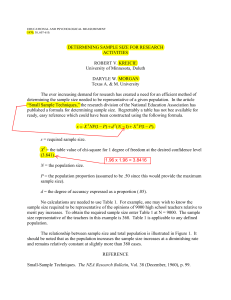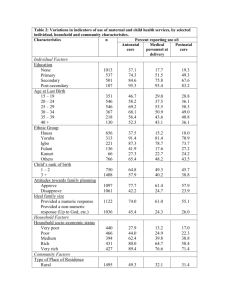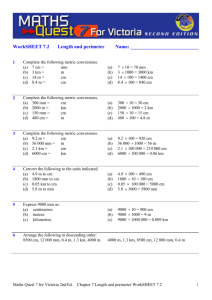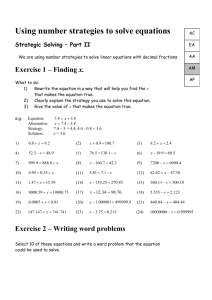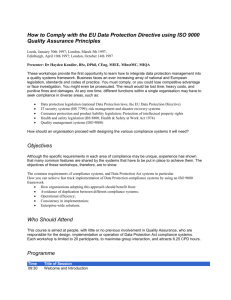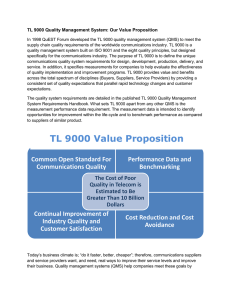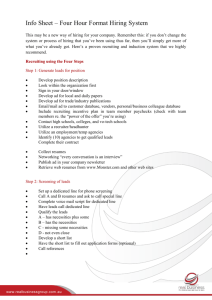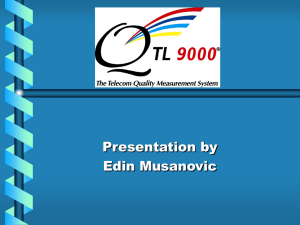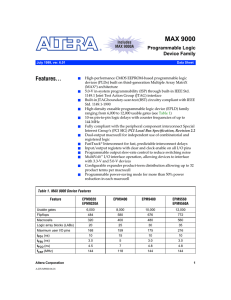LEGAL
advertisement
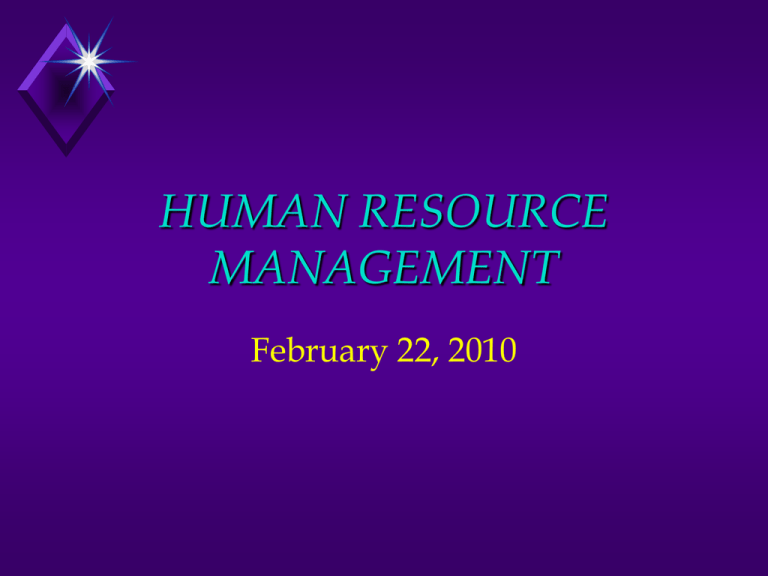
HUMAN RESOURCE MANAGEMENT February 22, 2010 Human Resource Management Activities necessary for staffing the organization and sustaining high employee performance. HR Functions Staffing HR Planning Recruitment Selection Performance Orientation Management and Training Appraisal Compensation Strategic Human Resource Management Process HR Planning Process by which management ensures it has the right personnel to complete the organization’s tasks. Why? How? Steps in HR Planning 1. Collect Information 2. Forecast HR demand 3. 4. Job analysis Description Human resource inventory Business Demand Productivity ratios Adjust for changes Forecast HR supply Reconcile demand and supply Productivity Analysis Productivity Business # of Output employees Ratio Instructor 9000 200 Assistant 9000 100 Associate 9000 80 Full 9000 40 Productivity Analysis: Adjusted for Productivity Change Productivity Business # of Output employees Ratio Instructor 60 9000 Assistant 120 9000 Associate 150 9000 Full 300 9000 Simple Turnover Analysis Current Retention Rate Projected Supply Instructor Assistant Associate Full 200 100 80 40 .70 .75 .80 .90 Legal Environment of Human Resource Management Labor Relations Wagner Act (1935)--NLRB Compensation & Benefits Fair Labor Standards Act (1938) federal minimum wage, hours, child labor Health and Safety OSHA (1970) Equal Employment Opportunity Major EEO Laws Title VII, CRA ADEA (1967/1986) ADA (1990) Executive Order 11246 Title VII CRA (1991) Prohibits discrimination in any employmentrelated decision on the basis of race, color, religion, sex, or national origin. Equal Employment Opportunity Sexual harassment consists of unwanted sexual attention that creates an adverse work environment Quid pro quo – tangible economic injury Hostile environment – offensive work environment Types of Discrimination Disparate Treatment Individuals are treated differently because of their membership in a protected class. Disparate Equal Impact application of an employment standard has an unequal effect. 4/5th rule Four-Fifths Rule A practice has adverse impact if the hiring rate of a protected class is less than four-fifths of the hiring rate of the group with the highest rate. To determine compliance: Calculate # majority group hiring rate majority hired/# majority applied Calculate minority group hiring rate #minority Divide hired/#minority applied step 2 by step 1 If < .80, then Disparate Impact EEO Implications Costs Job-relatedness Interview Carefully Document Decisions HUMAN RESOURCE MANAGEMENT Continued Recruiting Goal? Issues Who? (internal vs. external) How? (methods) What? Internal (vs. External) Recruitment Advantages Disadvantages Recruiting Methods Referrals from current employees Former employees Customers Internet/e-recruitment Advertisement Newspaper/Television Trade or professional publications Billboards Employment Agencies Executive Recruiting Firms College Recruiting Recruitment Realistic job preview gives a candidate a picture of both the positive and negative features of the job and the organization before he is hired People tend to quit less frequently and be more satisfied Selection Selection process Initial screening of job applicants Background information, application forms, résumés, reference checks Evaluation of remaining candidates Interviews Employment Tests Selection: Validity Primary method of demonstrating jobrelatedness Represented by the correlation coefficient Strength of the relationship between scores on the predictor and job performance Symbolized as "r"; e.g., r=.30 Higher numbers indicate stronger relationship Selection Tool Validities PREDICTOR Amount of Education Job Tryout Biographical Inventory References Cognitive Ability Tests (IQ) GPA Interview Selection Unstructured interview no fixed set of questions and no systematic scoring procedure Selection Structured interview involves asking each applicant the same questions and comparing their responses to a standardized set of answers Situational – focuses on hypothetical situations Behavioral – explore what applicants have actually done in the past Orientation, Training, & Development Orientation helping the newcomer fit smoothly into the job and the organization designed to give employees the information they need to be successful Training & Development Training: Teaching operational or technical employees how to do the job for which they were hired. Development: Teaching employees the KSAs needed to do their job in the future. Five Steps in the Training Process Example: E-Learning Millions of people are taking shortterm, practical courses related to their careers Advantages no transportation is needed You can follow a flexible schedule You can work at your own pace Drawbacks? Why do Organizations Conduct Performance Appraisals? Appraisal Tools--***CHECK TEXT DESCRIPTION*** Subjective appraisal of Employees traits Employee behaviors BARS Objective appraisal-(MBO) based on results harder to challenge legally Forced ranking (Curve) Common Rater Problems Stereotyping Central Tendency Halo Effect First Impression Similar to Me Dissimilar to Me Contrast Effect Improving Appraisals PERFORMANCE MANAGEMENT Goal Setting Formal Feedback Session Coaching And feedback Rate and Evaluate Managing Promotions, Transfers, Disciplining, & Dismissals Promotion moving upward Transfer moving sideways Disciplining moving & Demotion downward Dismissal moving out of the organization Concerns Nondiscrimination Legality Procedural Decision Fairness Rule, Consistency, Explanations Interpersonal Fairness Communication, Others’ respect, notice resentments
